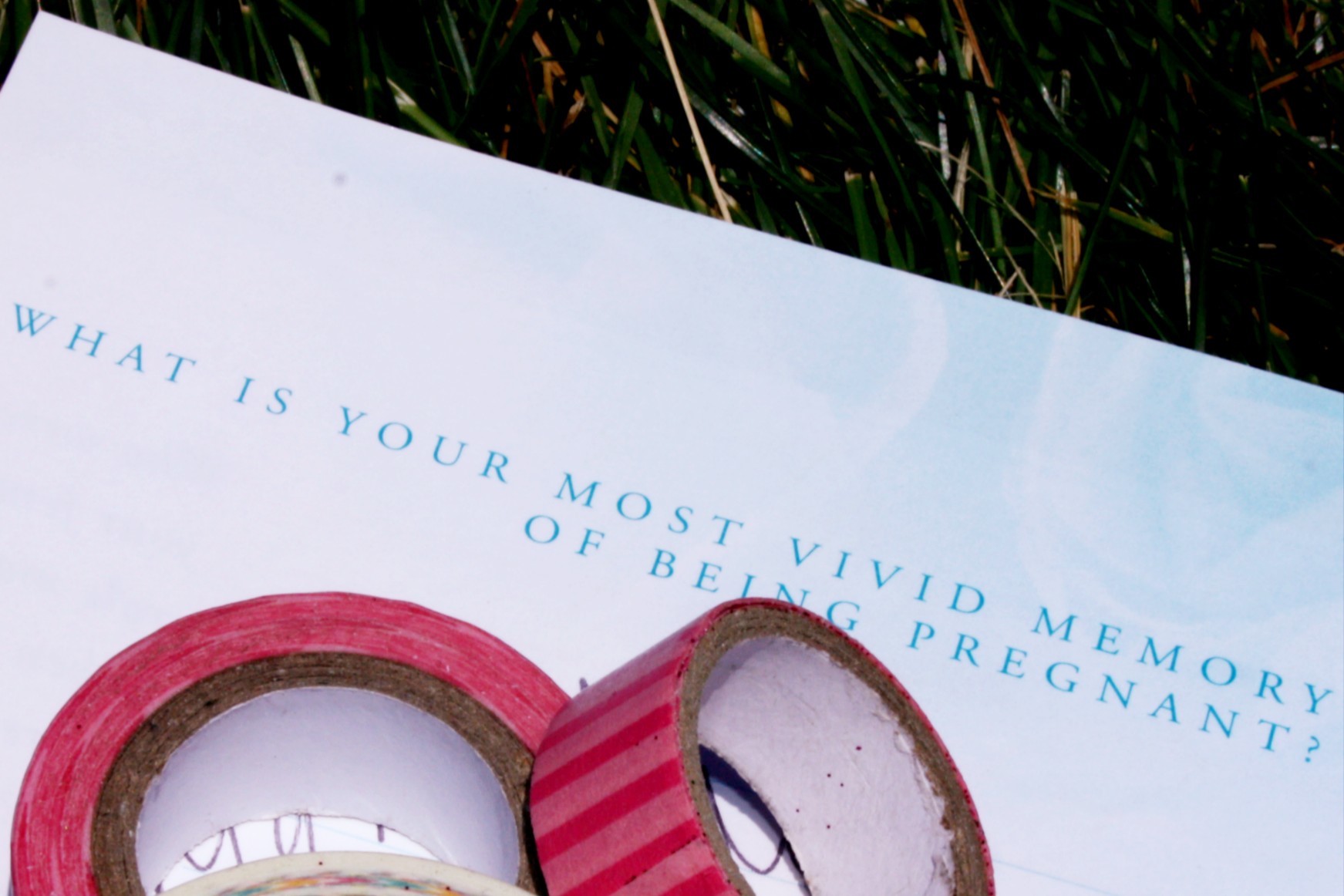Your most vivid memories are most likely to be wrong

Your Most Vivid Memories Are Most Likely to Be Wrong

Our memories are an essential part of who we are. They shape our understanding of the world and influence our emotions and decisions. We often rely on our memories to provide us with an accurate account of past events. However, new research suggests that our most vivid memories are not as reliable as we may believe.
A study published in the journal “Science” reveals that our most vivid memories are often distorted and may not accurately reflect what actually happened. The research challenges the idea that our most intense and detailed memories are the most accurate ones.

The study conducted by psychologists Linda Henkel and Alin Coman focused on how people remember museum visits. The participants were asked to take photos of certain objects during their museum tour. The researchers found that participants who took photos of the objects had a significantly lower memory of the details compared to those who simply observed the objects without taking any photos.
The findings suggest that our reliance on external tools, such as cameras or smartphones, to document our experiences can hinder our ability to form accurate memories. When we use these tools, we may become more focused on capturing the moment rather than engaging in the experience itself. As a result, our memories become distorted or incomplete.
But why do our memories fail us, especially when they feel so vivid and real? The answer lies in the way our brains store and retrieve memories. According to neuroscientists, memory is not a faithful recording of past events but rather a reconstruction influenced by our expectations, emotions, and biases.
Our brains are constantly processing and consolidating information, and in the process, memories can be altered or overwritten. This means that even our most vivid recollections can be subject to change over time. As our brains fill in the gaps in our memories, they often rely on patterns and associations rather than objective facts.
So, what does this mean for our understanding of the past and our own identities? It suggests that we need to approach our memories with a healthy dose of skepticism. Instead of blindly trusting our most vivid recollections, we should consider them as imperfect reconstructions influenced by various factors.
Understanding the fallibility of our memories can have important implications in different aspects of life, such as eyewitness testimonies, therapy sessions, or personal relationships where past events play a crucial role. It reminds us to approach situations with open-mindedness and to consider alternative perspectives or evidence that may challenge our memories.
In conclusion, our most vivid memories are not as reliable as we think. The research highlights the malleability of our recollections and the influence of external tools on memory formation. It urges us to question and critically evaluate our memories, reminding us that our past experiences may not be as accurate as they seem.
Tags
Share
Related Posts
Quick Links
Legal Stuff

